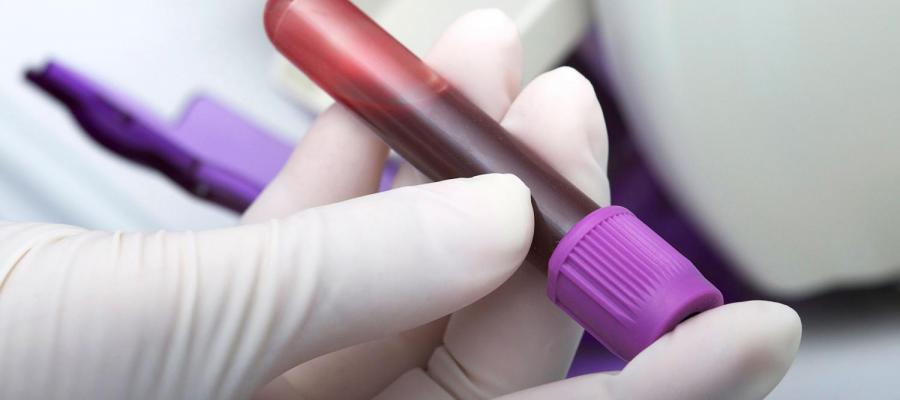NIH declares blood donations safe from COVID-19; less than 0.001% chance of transmission

New research by the National Institutes of Health has confirmed the safety of blood donation and transfusions from COVID-19. NIH concluded that transfusions’ likelihood of infection transmission is a little over 1 in 100,000, or 0.001%. Based on its findings, NIH said that current blood donor screening guidelines, including those used by the Food and Drug Administration, that do not require blood testing for the SARS-CoV-2 virus are safe and pose no threat to the U.S. blood supply. Current guidelines require donor screenings of physical symptoms of COVID-19 that occurred within 14 days of donation, and blood of donors with recent or who develop COVID-19 infections cannot be used.
Related News Articles
Headline
Adults age 65 and older are encouraged to receive an updated dosage of the COVID-19 vaccine, the Centers for Disease Control and Prevention announced April 25…
Headline
The Pfizer and Moderna COVID-19 vaccines can cause myocarditis, but do not appear to cause infertility, Guillain-Barré syndrome, Bell’s palsy, thrombosis with…
Headline
Centers for Disease Control and Prevention Director Mandy Cohen, M.D., Feb. 28 endorsed a recommendation by its Advisory Committee on Immunization Practices…
Headline
A CDC study released Dec. 21 found low COVID-19 and flu vaccination coverage for most adults, and low RSV vaccination coverage for adults aged 60 and…
Headline
Fewer than one in four health care professionals working in acute care hospitals and nursing homes were up to date with COVID-19 vaccination during the 2022-23…
Headline
Children under age 12 should receive a 0.25 milliliter dose of the 2023-24 Moderna COVID-19 vaccine, not the full vial for that age group, the Food and Drug…

